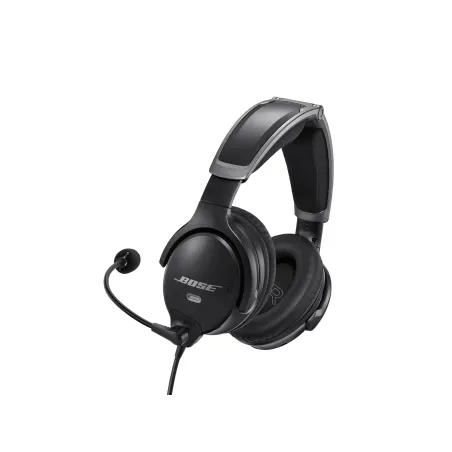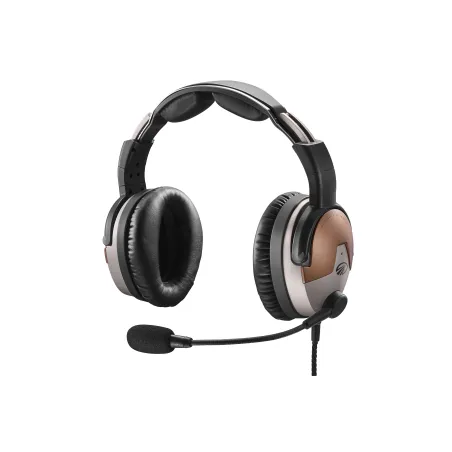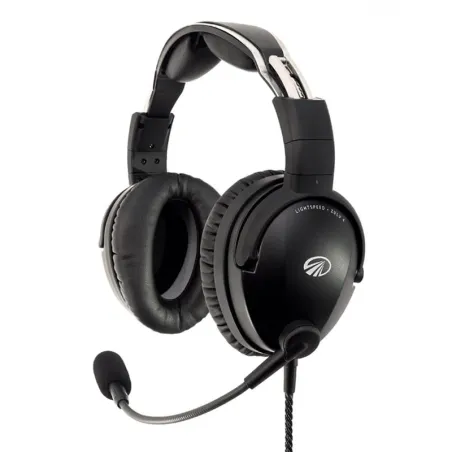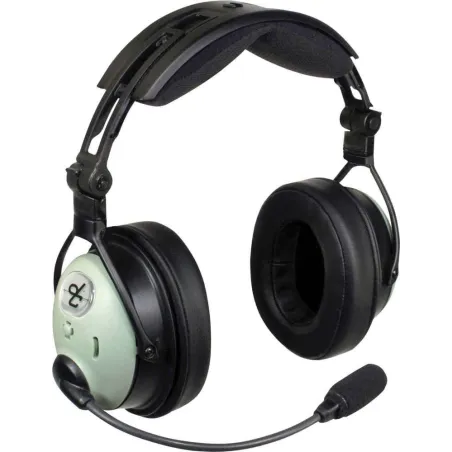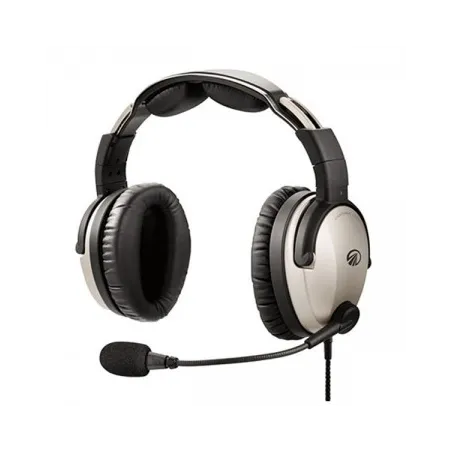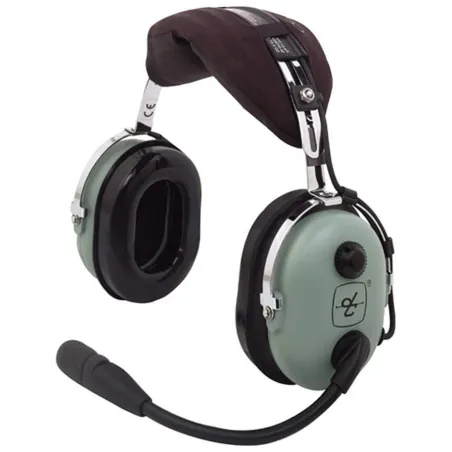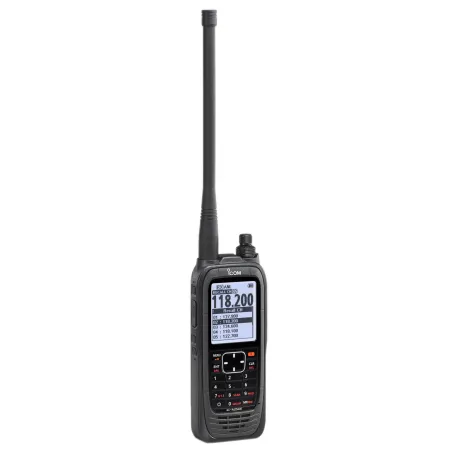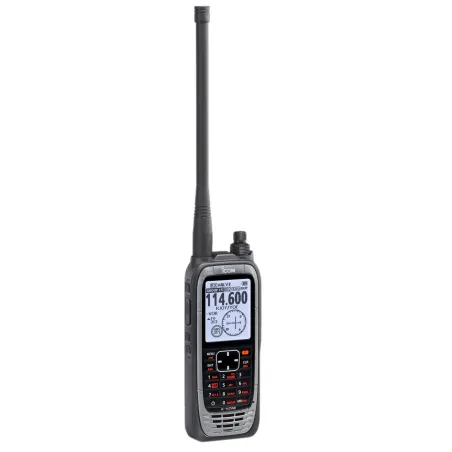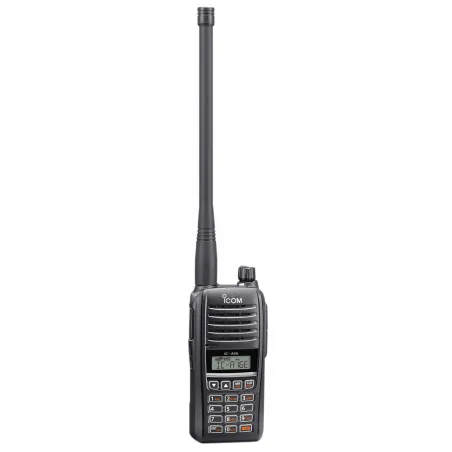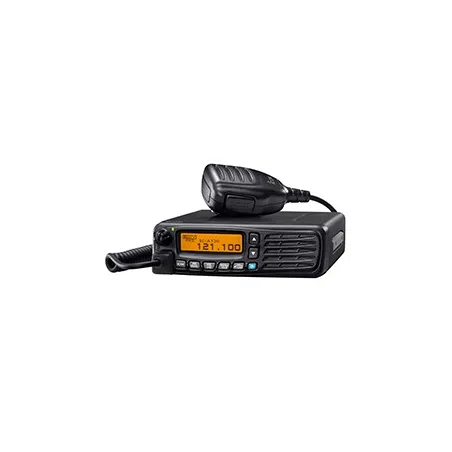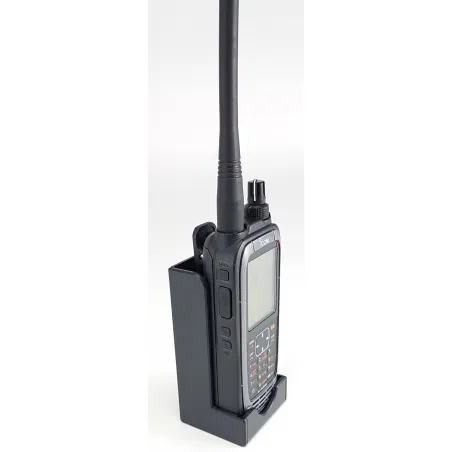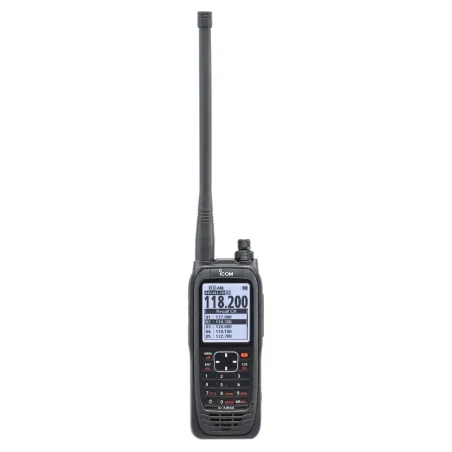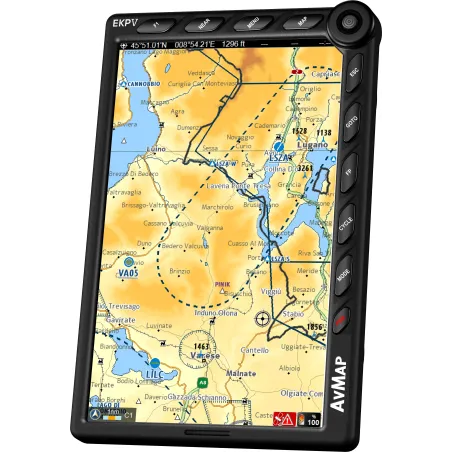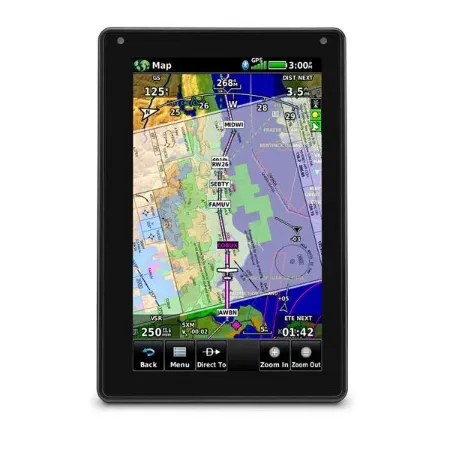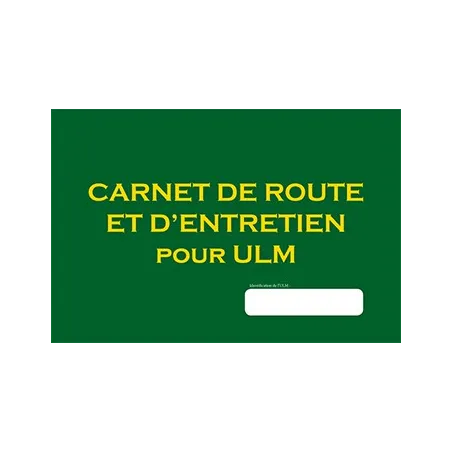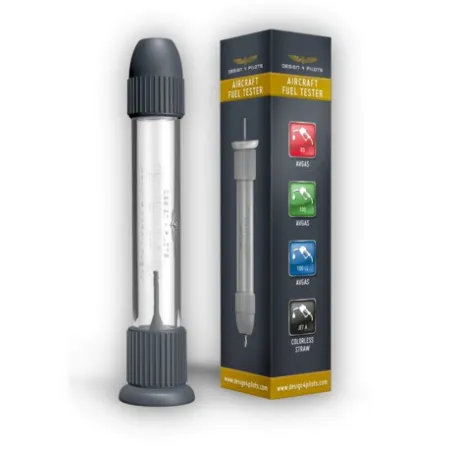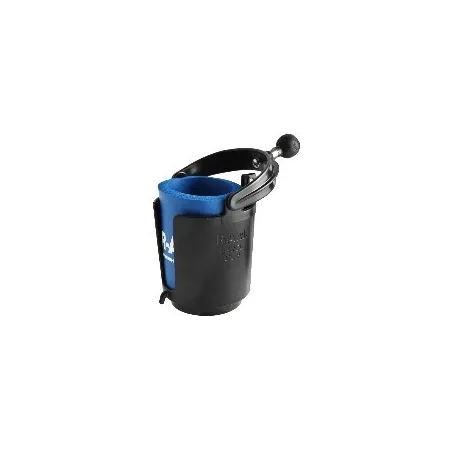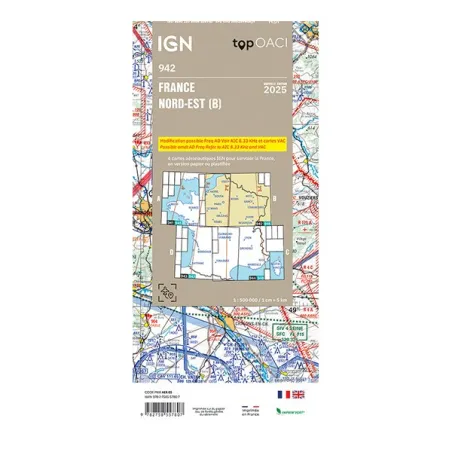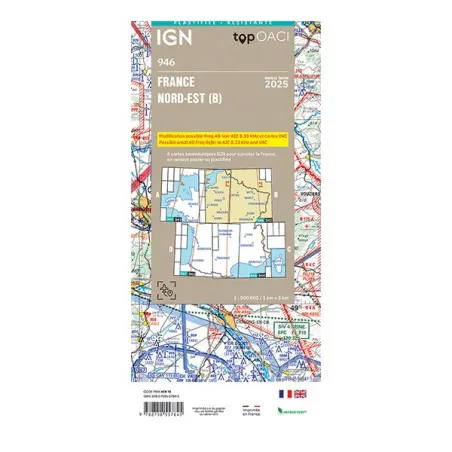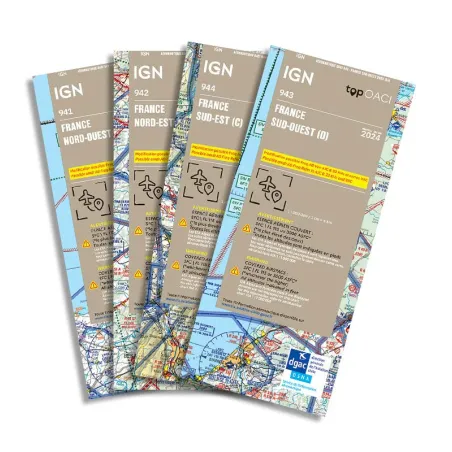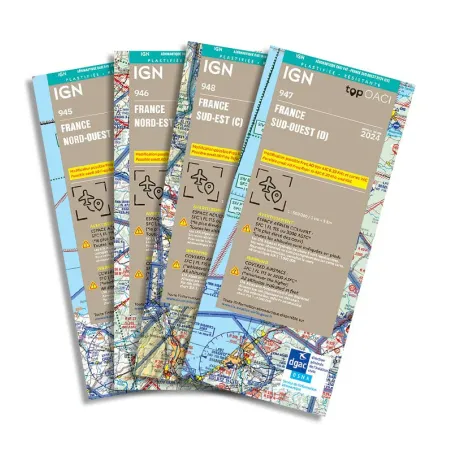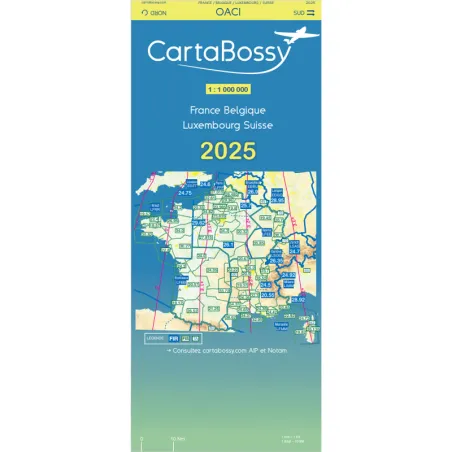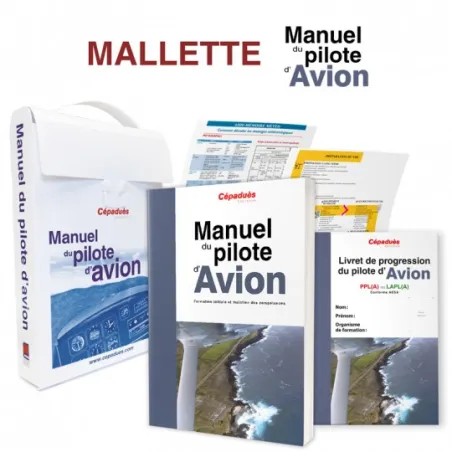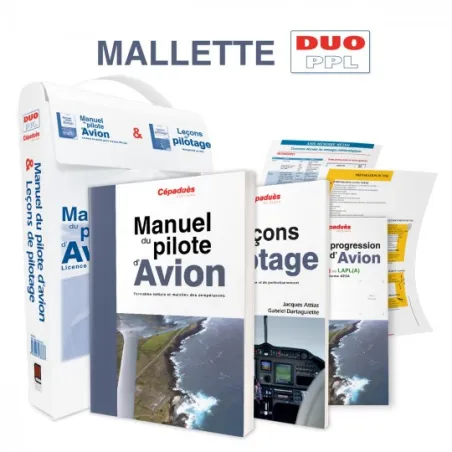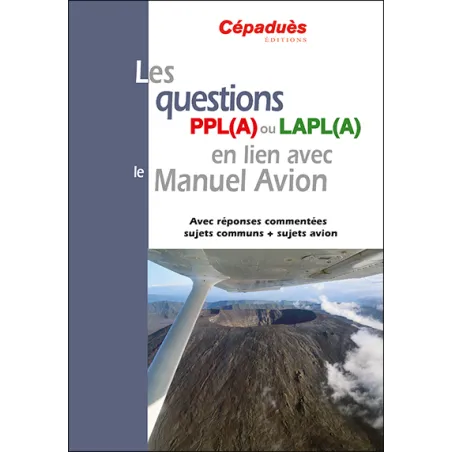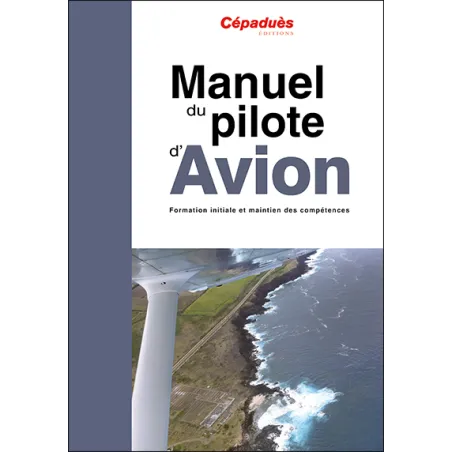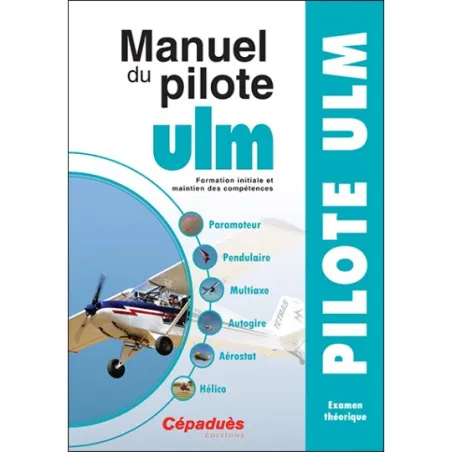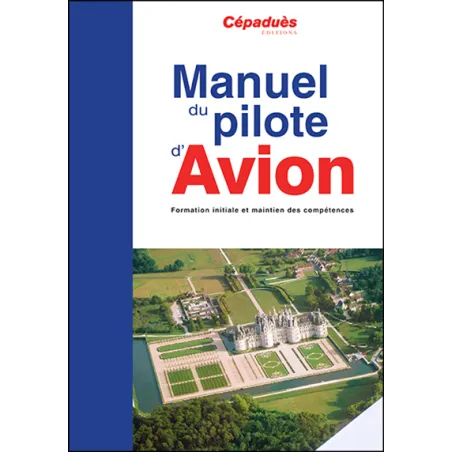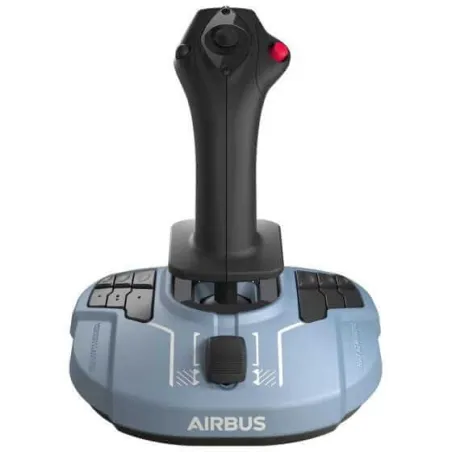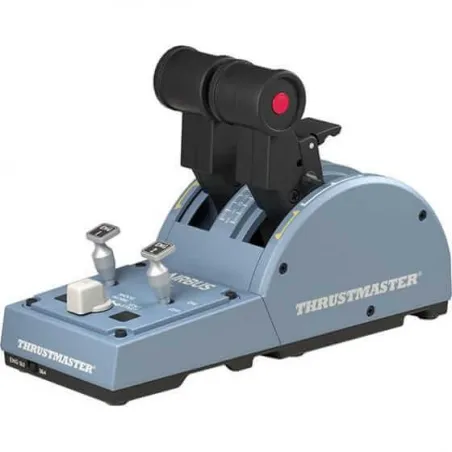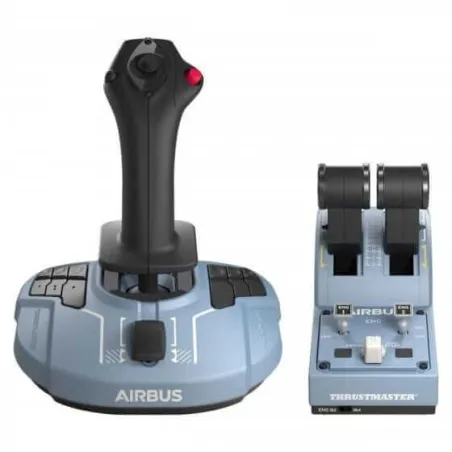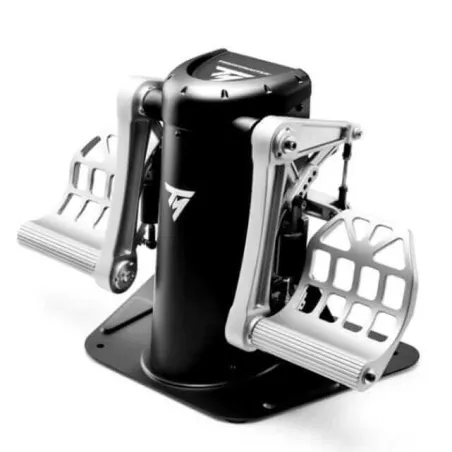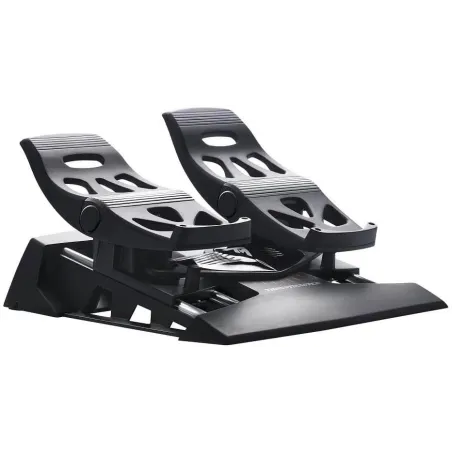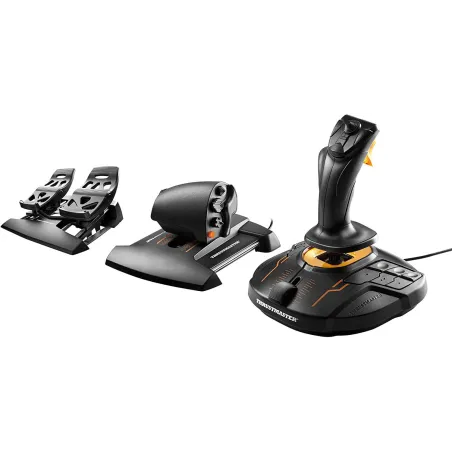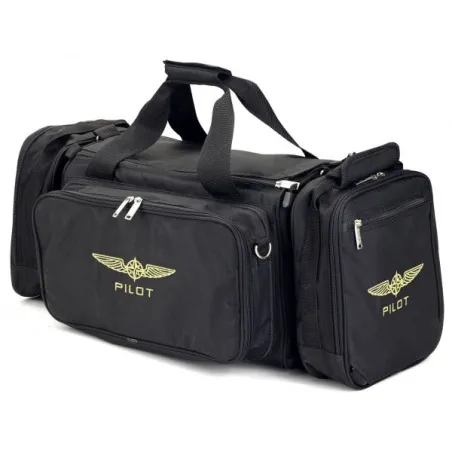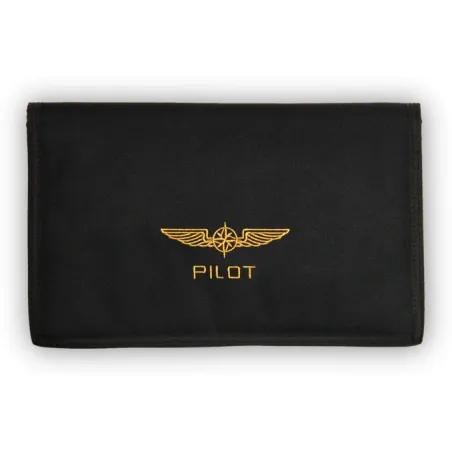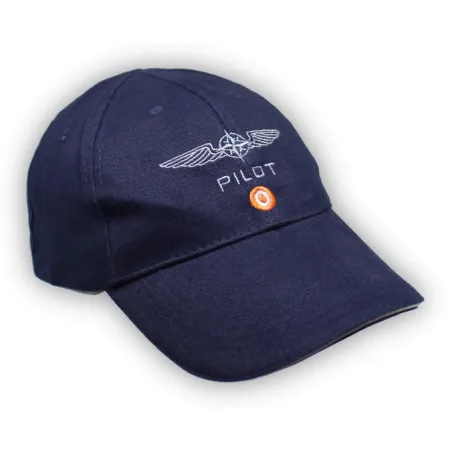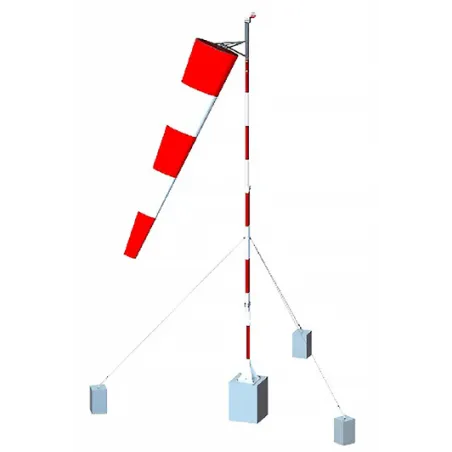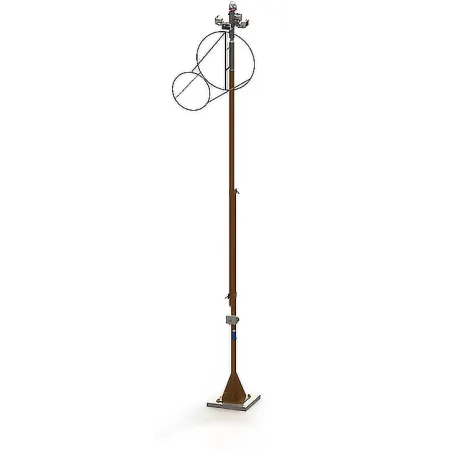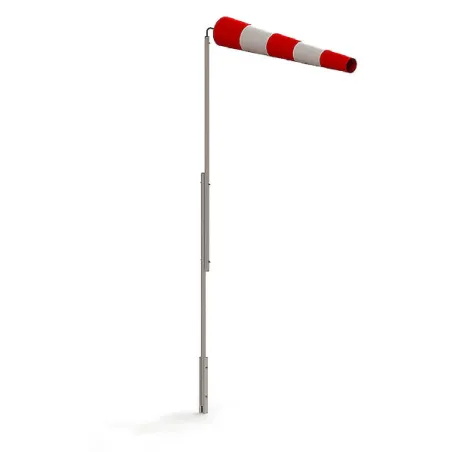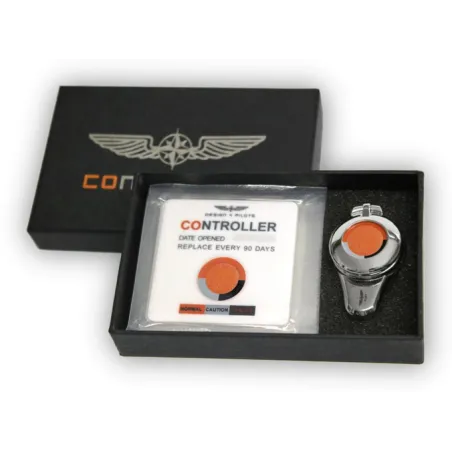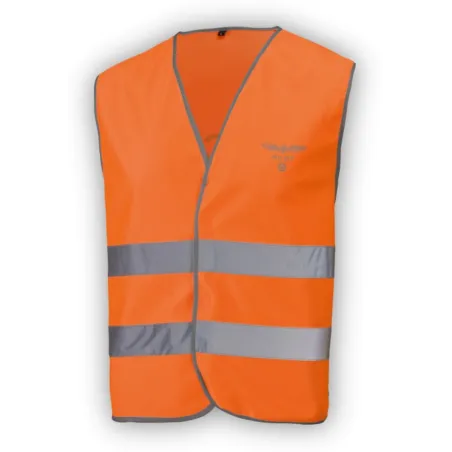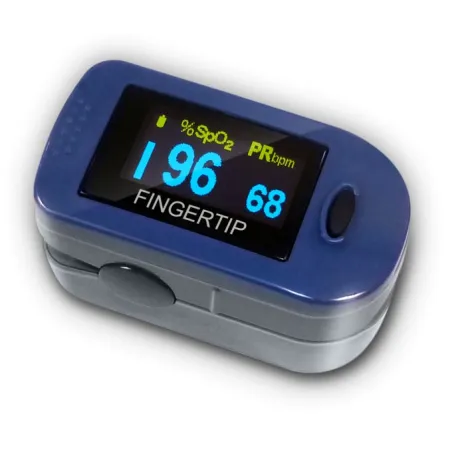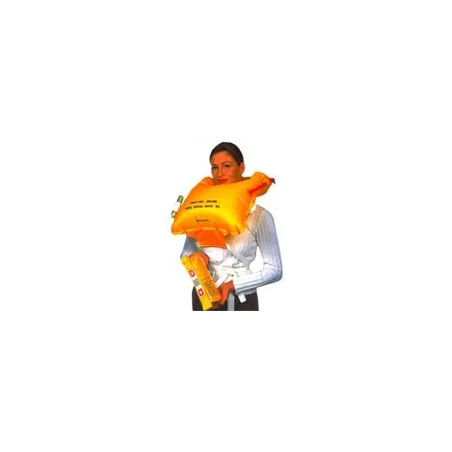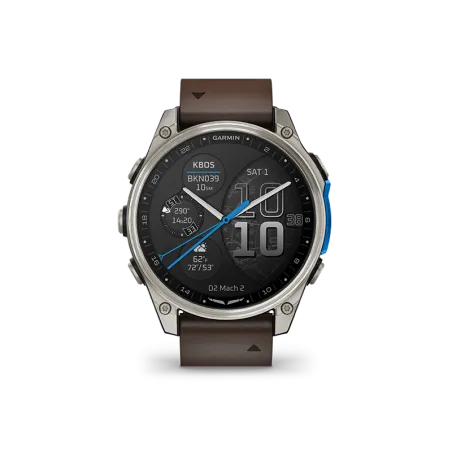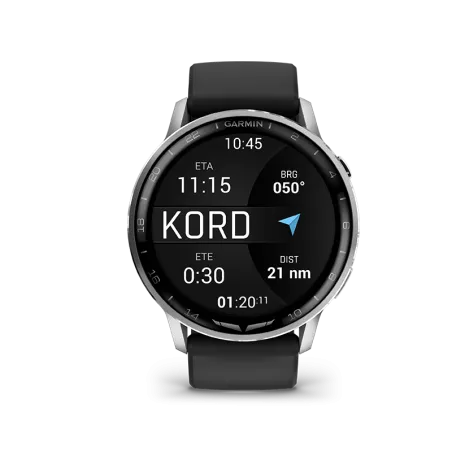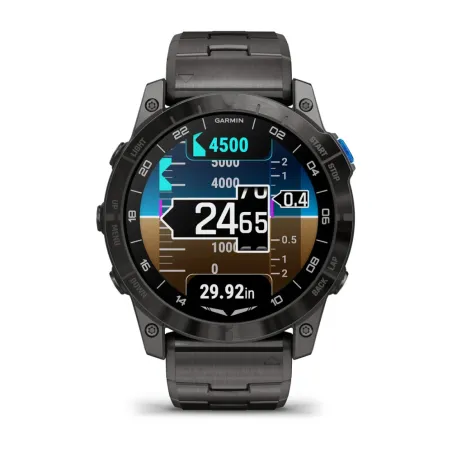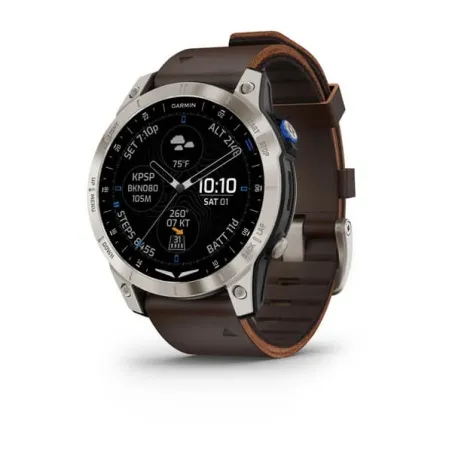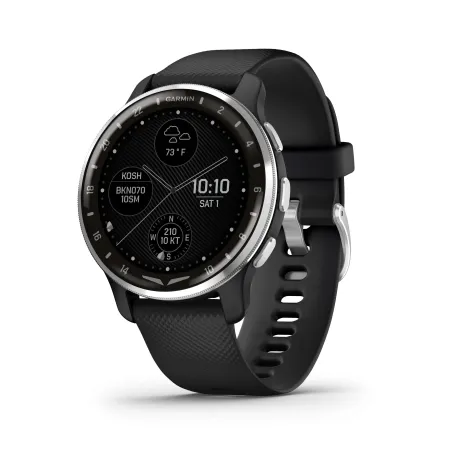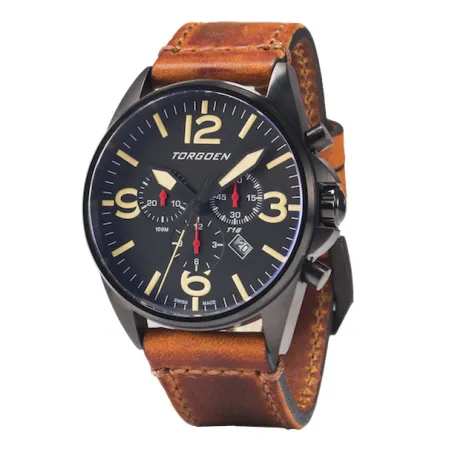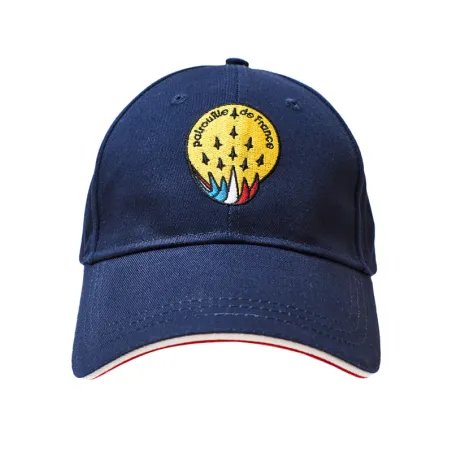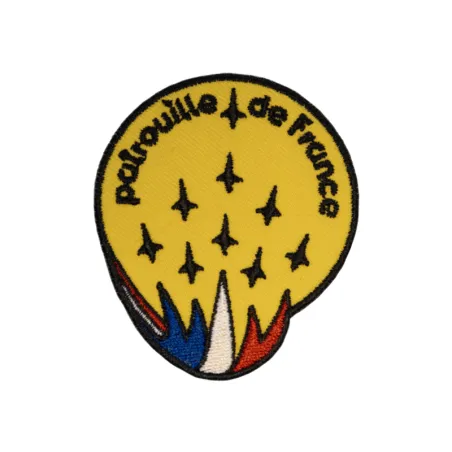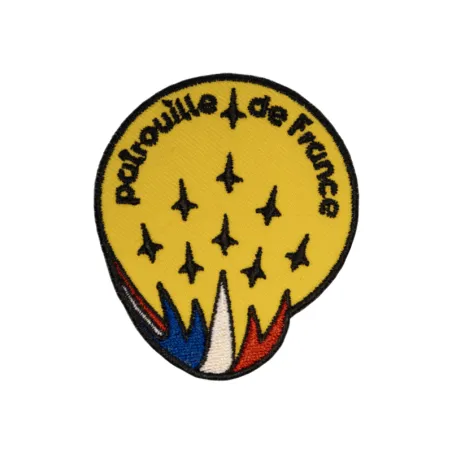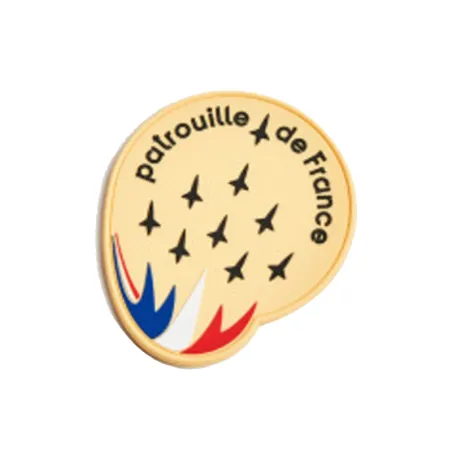What standards apply to your aviation headset?
Categories :
BAYO
"TSO Standard" or "EASA E/TSO-C139A standard": you may have already noticed these mentions when buying an aviation headset or other device necessary for flying an aircraft. You probably think this guarantees you a quality product – and you are right. But do you know exactly what these acronyms mean? How are they different? And what do they imply about the manufacturing of your headset? We will explain everything...
On Each Side of the Atlantic
TSO stands for "Technical Standard Order" in English, which in French translates to "specification of technical standard." The mention indicates that your headset – or other aviation navigation device – has received certification and meets the criteria and requirements of certain equipment used in aviation... But where do these standards come from?
This is where we find two distinct categories. If simply "TSO" is mentioned, without further specification, it refers to the system of standards issued by the Federal Aviation Administration (FAA) in the United States.
If the mention begins with EASA E/TSO, it refers to European standards. Specifically, those issued by the European Union Aviation Safety Agency, or in English, European Union Aviation Safety Agency: EASA. This agency is responsible for aviation regulation in the European Union.
What are the standards?
A TSO specification is a minimum performance standard that can be issued for all types of materials, parts, and devices used on civil aircraft. For each type of part, from engines to devices installed in the cockpit, the aircraft itself, and even the fabric of the parachute or life vests, both the European and American organizations indicate through these standards the minimum criteria they deem necessary to ensure the reliability of flying machines and the safety of their passengers.
Each manufacturer wishing to obtain a standard applies for authorization to manufacture a material, part, or device in accordance with the criteria of that standard. Obtaining this TSO authorization signifies approval of the design and manufacturing. However, it does not constitute approval for installing and using the item in the aircraft.
In summary, TSO certification guarantees pilots or manufacturers that the design, testing, and manufacturing processes have undergone thorough control and meet a high level of safety, reliability, and durability.
It goes without saying that the FAA's TSO standards are the ones that apply in the United States, and those of EASA in Europe. However, the FAA standards, known for being the most stringent, serve as a reliable reference for pilots even on this side of the Atlantic and are recognized by the majority of countries around the world.
Aviation Headsets Too?
Your pilot headset is primarily intended to communicate with air traffic control, so it is important that you are able to receive and transmit clear messages, in normal conditions as well as in emergency situations.
This is why aviation authorities have also provided certification for these devices. An authorization will have checked the materials and components, the design, manufacturing processes, and the consistency of these processes to ensure robustness and reliability, excellent sound quality, and good passive or active noise attenuation depending on the case.
You will notice that these standards include letters and numbers following the "TSO" mention. The number corresponds to the type of certified equipment. Thus, the C139a standard applies to audio systems and equipment, which includes your headset. The last letter refers to the version of the standard in effect when the authorization was issued.
For headsets and other audio equipment, you may find other indications if your headset is older. For example, you may find ETSO-C57a for headsets and speakers, and ETSO-C58a for microphones. These two standards have since merged into C139a.
An older standard does not necessarily mean that your headset is obsolete or has lost its reliability. However, updates may add or modify criteria that will be further checked on certified equipment in the future.
Why Choose a Headset with Standards?
Just like your toaster or washing machine that may or may not have the NF standard, aviation standards are a very good guarantee of quality: the assurance that your communication instrument will not let you down when you need it most and will accompany you for a long time.
But not all aviation headsets are stamped with these official certifications, which are only required by major airlines. Even among high-end equipment, you will find headsets that have not been certified by TSO standards. This is the case, for example, with Lightspeed headsets, especially the Zulu 3 and its successor, the Delta Zulu, renowned for excellence, and whose 7-year warranty is a sufficiently reliable guarantee.
In such cases, one can safely settle for a manufacturer's warranty. However, in case of doubt about a brand, TSO or EASA E/TSO standards can confirm the quality of the device better than any commercial argument, as compliance with certification criteria is verified by an external body to the manufacturer.
Among the items we offer in the online store, you will find a good selection of headsets with these certifications: the Clarity Aloft Flex and PRO Plus; at David Clark, the DC PRO-X2 and DC ONE-X; Telex Airman 8 and Airman 8+. Finally, two Bose headsets, with the brand guaranteeing that "the aviation headsets A30 and ProFlight Series 2 have not only been certified FAA and E/TSO-C139a, but they have also passed more than 145 tests performed by the Bose engineering and quality assurance team."
Why Airlines Reject Non-Certified Headsets?
Non-TSO-certified communication headsets may be rejected for commercial aviation pilots due to several significant risks. Non-certified headsets have not undergone the rigorous testing required, which creates issues of reliability, compatibility, and resistance to electromagnetic interference. As a result, to ensure flight safety and comply with legal requirements, airlines prefer TSO-certified headsets.
In conclusion, TSO standards issued by the FAA or EASA are an excellent guarantee to confirm your choice of aviation headset, but they should not be your only criterion. A headset is a personal item that must be suited to your needs, habits, and flying practice. In this regard, it must meet your own criteria among the many features of these technological wonders.
Share this content
Please log in to rate this article

